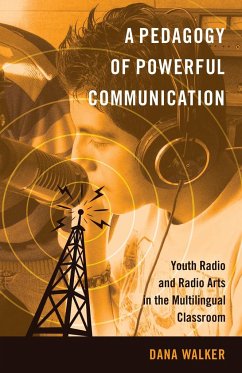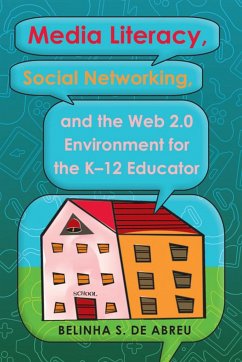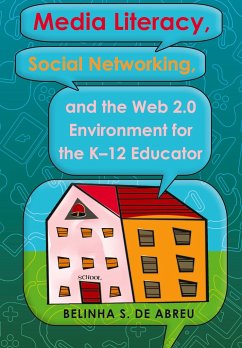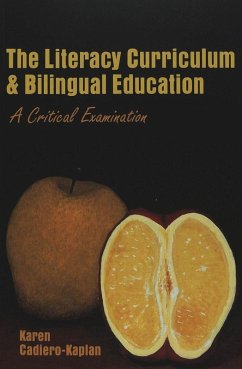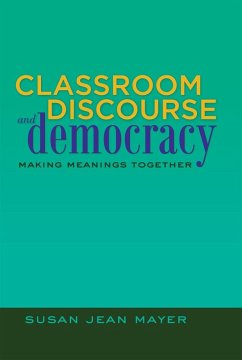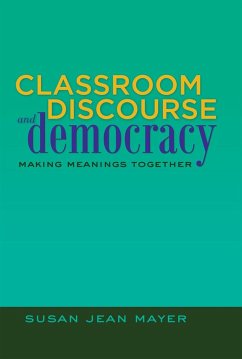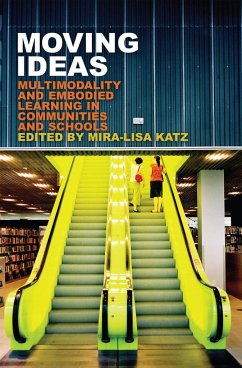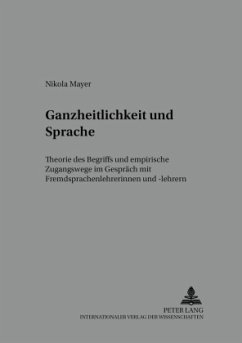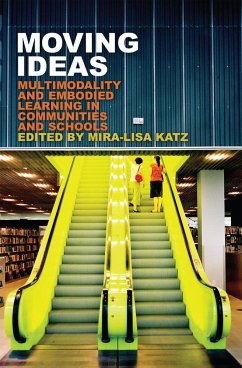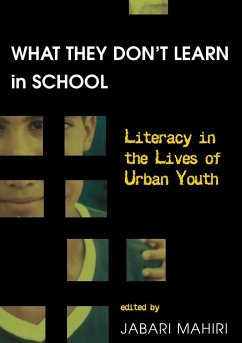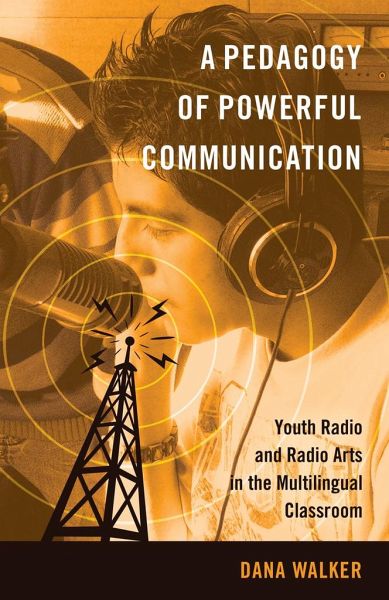
A Pedagogy of Powerful Communication
Youth Radio and Radio Arts in the Multilingual Classroom

PAYBACK Punkte
0 °P sammeln!
A Pedagogy of Powerful Communication calls for a revisioning of second language and literacy teaching, arguing for a move away from skills-based ESL instruction where communication is treated as a set of pedagogical techniques, toward a pedagogy of powerful communication that views communication as necessary for effective participation in school, relationships, local/global communities, and democratic society. This pedagogy promotes critical multiliteracies and language development through youth engagement in the practices of media and artistic communities in and out of school, online, and on ...
A Pedagogy of Powerful Communication calls for a revisioning of second language and literacy teaching, arguing for a move away from skills-based ESL instruction where communication is treated as a set of pedagogical techniques, toward a pedagogy of powerful communication that views communication as necessary for effective participation in school, relationships, local/global communities, and democratic society. This pedagogy promotes critical multiliteracies and language development through youth engagement in the practices of media and artistic communities in and out of school, online, and on the airwaves. The argument for a pedagogy of powerful communication draws on evidence from current research; recommended curriculum and pedagogies are described in detail; and case studies provide an in-depth look at processes of meaning making, identity work, knowledge and skill acquisition, and the key role that community mentors play in mediating youths' thinking, emotion, and creative productions. This book will be highly useful for teachers and professors of literacy and language education, as well as researchers and theorists in the areas of youth media and arts, community-school-university collaborations, youth development, and research methodologies for studying individual and collective change in the context of educational innovation.



